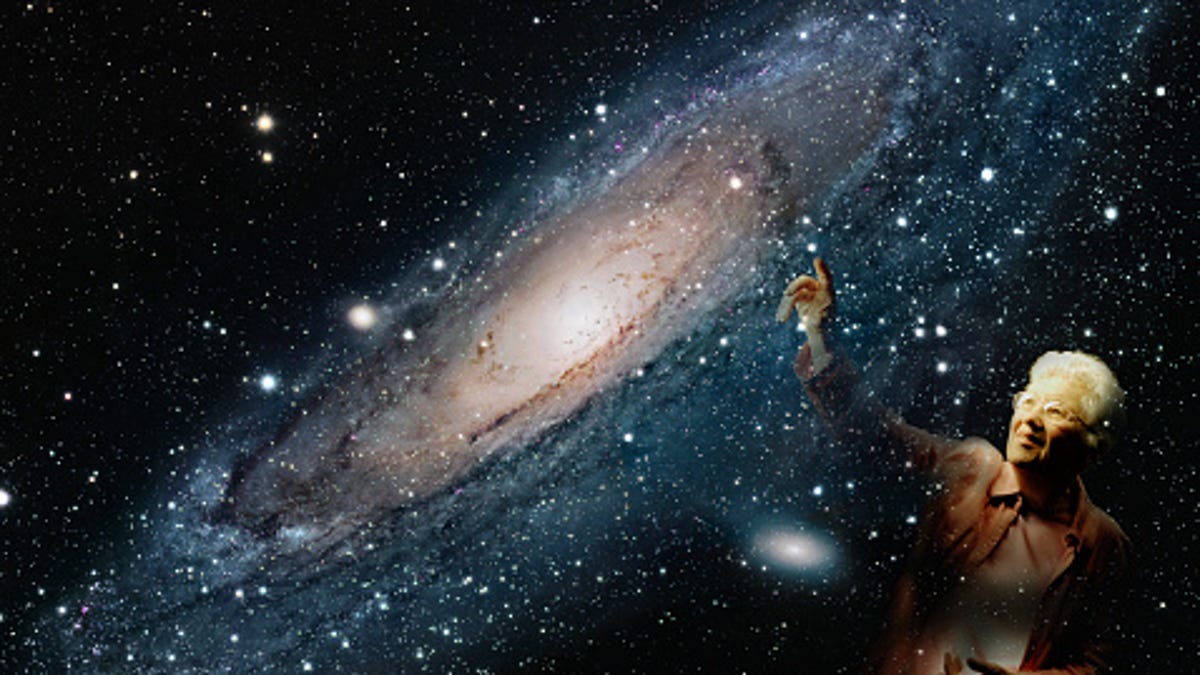Vera Rubin, dark matter astronomer, dies at age 88
Rubin is credited with finding evidence of dark matter at a time of great struggle for women in science.

Vera Rubin pioneered work that led to a theory of dark matter.
Astronomer Vera Rubin, best known for her early work on dark matter, died Sunday night of natural causes, according to her son. The Philadelphia native was 88.
Rubin is credited with finding evidence of dark matter. Dark matter, which has never been directly observed, is estimated to comprise more than 25 percent of the universe. (Rubin apparently thought it was closer to 90 percent.)
Rubin's achievements are even more noteworthy because they came at a time of great struggle for women in the scientific community. Vassar College's sole astronomy undergraduate in 1948, Rubin is said to have then been denied entry into Princeton University's graduate program in astronomy, which didn't allow women until 1975.
In 1981, Rubin became the second female astronomer to admitted for membership in the National Academy of Sciences. She also won a National Medal of Science, but was reportedly not driven by status or acclaim.
"Fame is fleeting," Rubin told Vassar College's Hall of Fame for women in science. "My numbers mean more to me than my name. If astronomers are still using my data years from now, that's my greatest compliment."
Rubin observed more than 200 galaxies in the course of her career.

